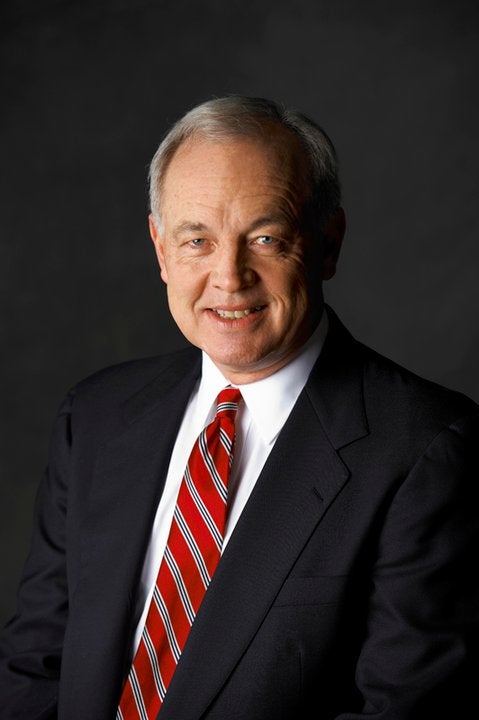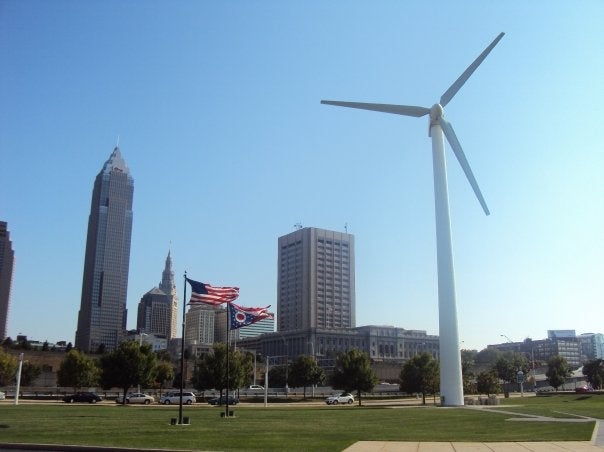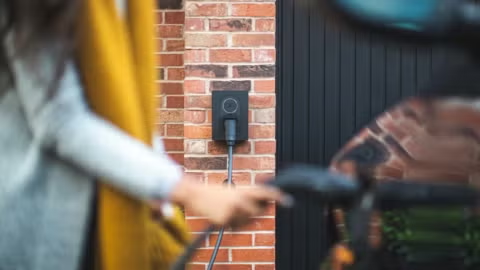EDF Steps Up to Protect Ohio’s Clean Energy Standards
 Ohio’s clean energy standards have helped jumpstart an industry that is spurring economic development, creating jobs, boosting energy independence and cutting the state’s carbon footprint. Recently, these standards have come under attack and EDF’s own Cheryl Roberto, Associate Vice President of Smart Power, stepped up to defend them by testifying before the Ohio Senate Public Utilities Commission on Senate Bill 58 (S.B. 58). As a former Ohio Public Utility Commissioner herself, Roberto made it clear that S.B. 58 would destroy Ohio’s clean energy standards and unjustly enrich the state’s electric utilities.
Ohio’s clean energy standards have helped jumpstart an industry that is spurring economic development, creating jobs, boosting energy independence and cutting the state’s carbon footprint. Recently, these standards have come under attack and EDF’s own Cheryl Roberto, Associate Vice President of Smart Power, stepped up to defend them by testifying before the Ohio Senate Public Utilities Commission on Senate Bill 58 (S.B. 58). As a former Ohio Public Utility Commissioner herself, Roberto made it clear that S.B. 58 would destroy Ohio’s clean energy standards and unjustly enrich the state’s electric utilities.
Ohio adopted clean energy standards in 2008, and is one of 29 states with a renewable energy standard and one of 25 states with an energy efficiency standard. Based on these standards, Ohio will acquire 12.5% of its power by renewable energy and will reduce its energy use by 22% by 2025. The energy efficiency standard has allowed Ohio to reduce its energy use by over 3%, and the renewable energy standard has already added 466 mw of wind energy in the state, enough to power 466,000 homes. Ohio is now ranked fourth in the nation for wind energy jobs, with over 5,000 direct and indirect jobs supported by the industry.

The American Legislative Exchange Council (ALEC), a group of conservative state legislators, is leading a nationwide effort to repeal state clean energy standards, including S.B. 58 in Ohio. ALEC has previously supported controversial “stand your ground” laws as well as laws classifying environmental civil disobedience as terrorism. To date, ALEC has failed to repeal clean energy standards in any state.
S.B. 58 would eliminate the requirement for electric utilities to buy one-half of their renewable power from new Ohio projects, instead allowing them to buy the power from existing Canadian hydro projects. The bill caps energy efficiency spending at 2013 levels and provides new definitions of energy efficiency unrelated to actual energy savings. The bill also gives utilities a handout by paying them exorbitant sums (over $220 million during the first three years alone) to adopt energy efficiency programs already required by law.
EDF urged the Ohio legislature to eliminate the provisions of S.B. 58 that would dramatically weaken Ohio’s clean energy standards and give electric utilities a windfall. Instead, we advocated for a pragmatic, market-based approach that would continue the evolution of Ohio’s competitive retail electricity market, and recommended that Ohio’s electric distribution utilities should:
- Eliminate their remaining power plant monopolies by fully separating the utilities from their affiliated companies that own Ohio fossil fuel power plants;
- Open up utility billing systems to allow customers to pay for new energy products from the savings on their monthly electricity bills; and
- Adopt new electricity rate structures that would incentivize utilities to efficiently deliver new and innovative energy services.
Through Roberto’s testimony, EDF charted a reasoned and balanced approach for Ohio’s retail electricity market and clean energy future. We hope Ohio’s lawmakers will heed her recommendations so Ohioans can continue to enjoy the benefits of new, clean energy technologies, reasonable electricity rates and a healthy environment.












